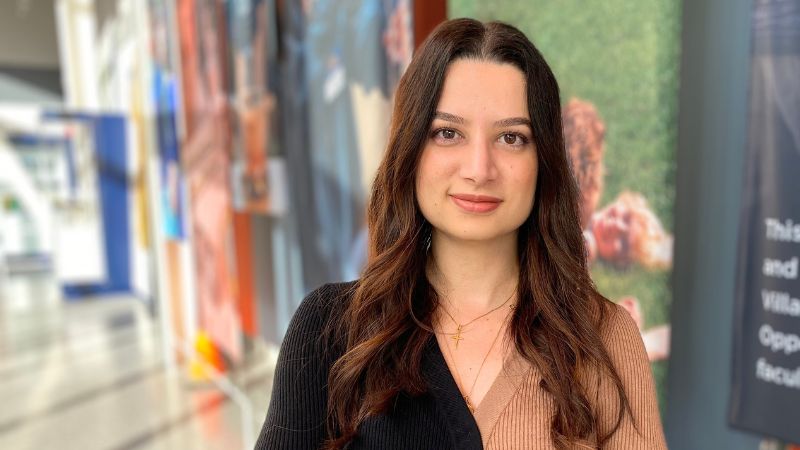
Samaya Nasr
Lecturer
Department of History
College of Liberal Arts
Office Location
Samaya Nasr
Lecturer
Department of History
College of Liberal Arts
Currently Teaching
MUSE-225
Museums & the Digital Age
3 Credits
The digital revolution has profoundly influenced how we think about the world around us. Information once available only to experts is now accessible digitally to a much broader audience. Museums, archives, and libraries have adapted to this democratization of knowledge and decentralization of access in myriad ways. As visitors to museums—whether online or onsite—each of us is part of the creation, consumption, and reception of digital information. What does this mean for museums and for us as audiences and consumers of such information? How has the combination of digital technology and social media increased visitors’ abilities for interaction with cultural institutions, their collections, and other visitors? This course will examine the history and evolution of museum practices as they adapt to new technologies and rethink traditional museum practices. The course has no pre-requisite and is open to students of all majors.
MUSE-226
Introduction to Digital Cultural Heritage
3 Credits
Cultural heritage is a fluid term that applies broadly to the creation, protection, and preservation of material objects and intangible practices for future generations. This course examines the concepts associated with tangible, intangible, and natural cultural heritage with a global outlook. Through readings, discussion, and projects, the course explores the various forms that cultural heritage takes and frames them in terms of digital creation, consumption, and preservation. Course content may be site-specific.
MUSE-354
Exhibition Design
3 Credits
This course examines the history and practice of exhibition design. It reviews the history of exhibitions within the development of museum-like institutions. In this course the following aspects of exhibition design are considered: curatorial premise or theme, exhibition development timeline, exhibition site, contracts and contractual obligations, budgets and fundraising, publicity material, didactic material, and exhibition design. The course includes field trips to local institutions and collections throughout the term.
MUSE-359
Digital and Critical Curation
3 Credits
This course introduces students to Cultural Informatics, the interdisciplinary field that examines the intersections of information technologies, information science, and cultural information centered in museums, libraries, and archives. Among the topics to be examined are: how information technologies are used in museums, libraries, and archives; how modern information systems have shaped the museum environment; the nature of convergence; the development of digital collections, digital curation, and online exhibitions; and the role and status of the information professional in the museum and cultural organizations. The course is designed around projects, case studies, and readings so that students gain hands-on experience working with information. The course has no prerequisite and is open to students of all majors.
MUSE-360
Visitor Engagement & Museum Technologies
3 Credits
All of us, as museum visitors, have the capacity to engage with collections and to create meanings as a result of such interaction. This course considers the history and theory of visitor engagement at museums, galleries, and sites of cultural heritage tourism; examines the import of technology into this history; and articulates the role of visitors as participants who curate their own experiences. Two key questions will be addressed in this course: 1) How does technology provide a platform for contribution, collaboration, co-creation, and co-opting of experiences among all visitors? and 2) Can technology mediate the best possible experience for visitors? The course has no prerequisite and is open to students of all majors.
Featured Work
Lecturer Empowers Voices of the Past in a Traveling Exhibition
Samaya Nasr
RIT lecturer Samaya Nasr plays a pivotal role in an award-winning exhibition that highlights the often-overlooked narratives of diverse communities in the American West.



